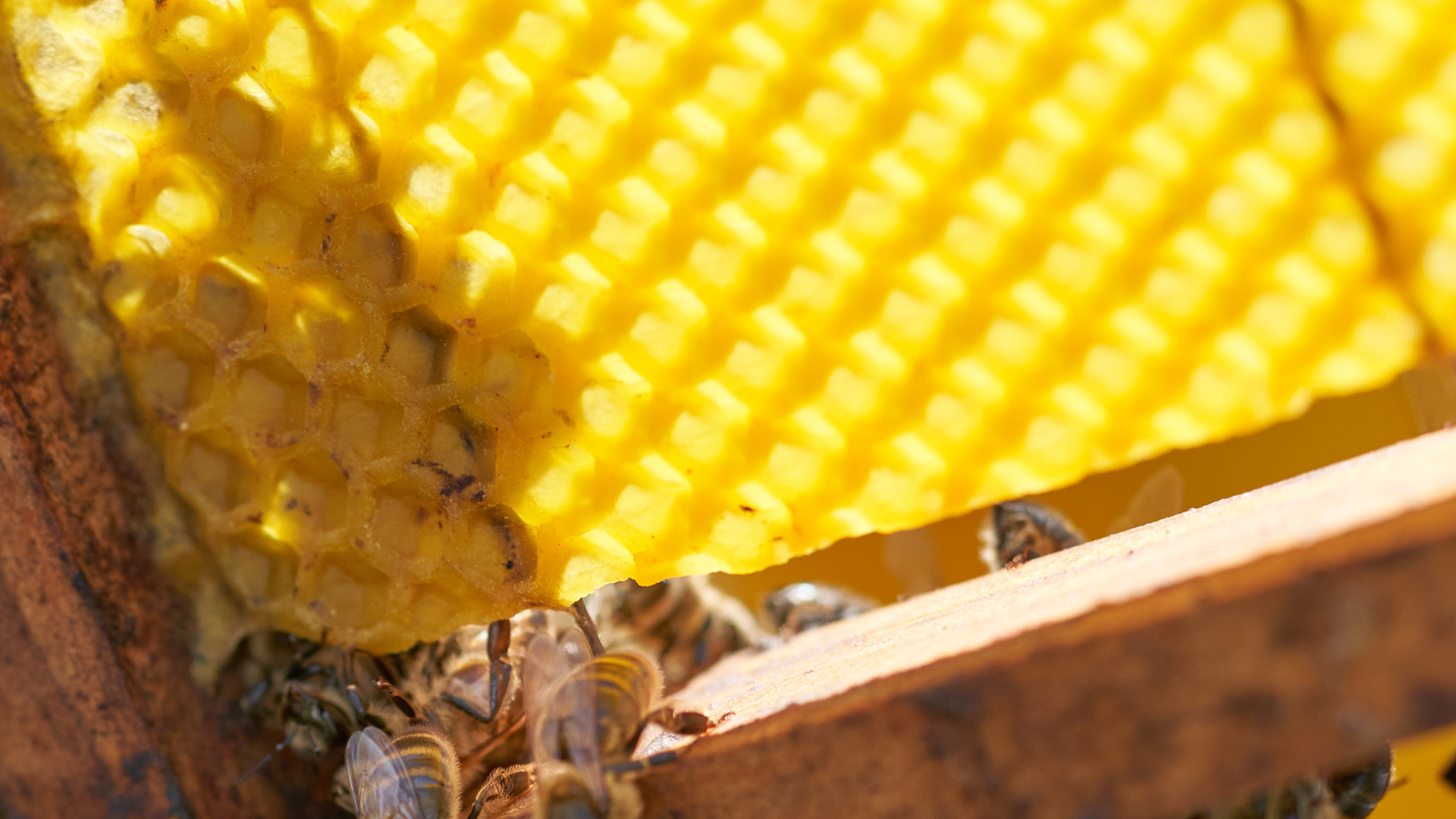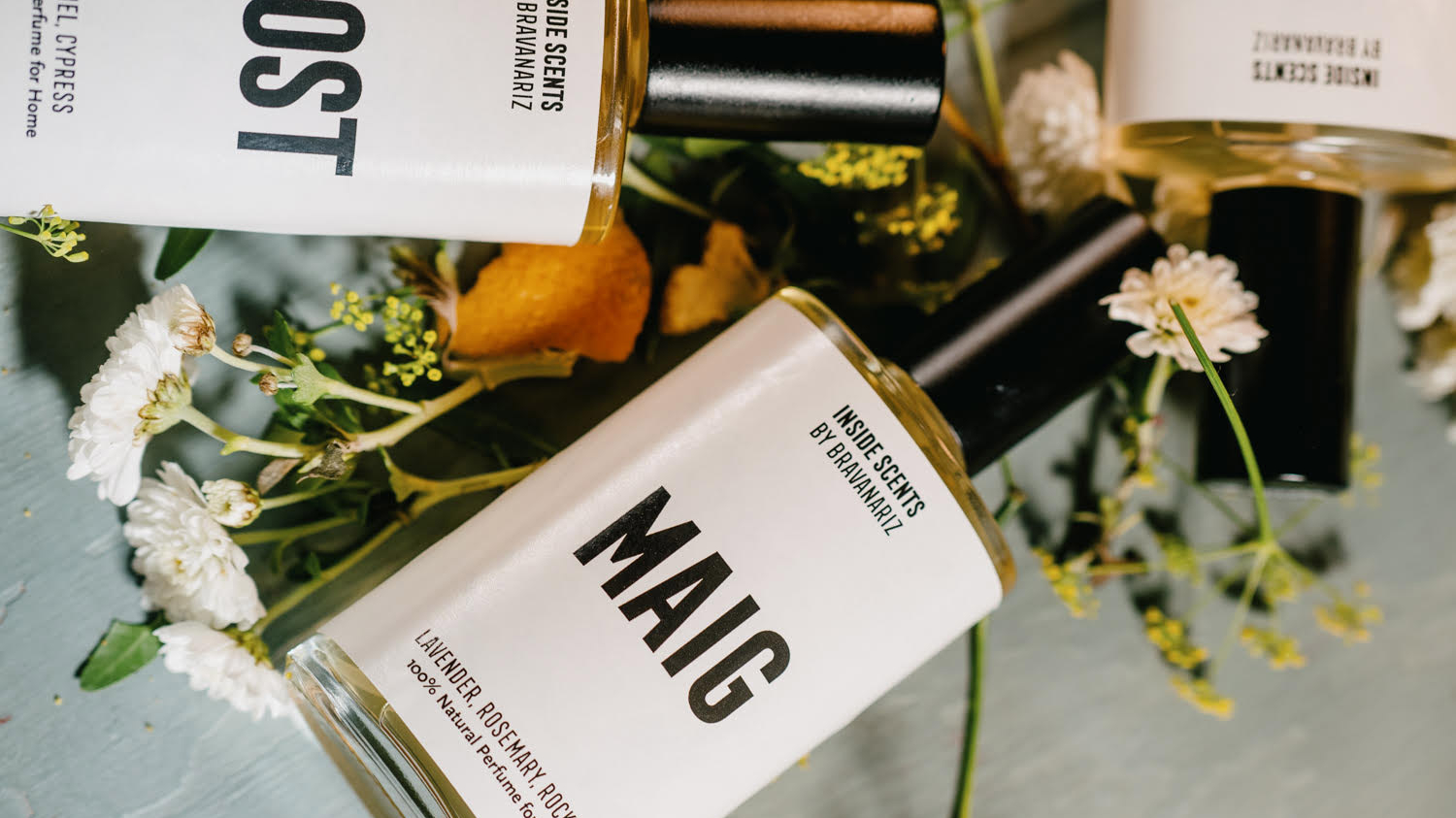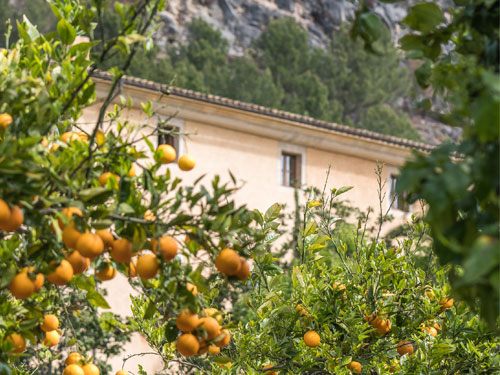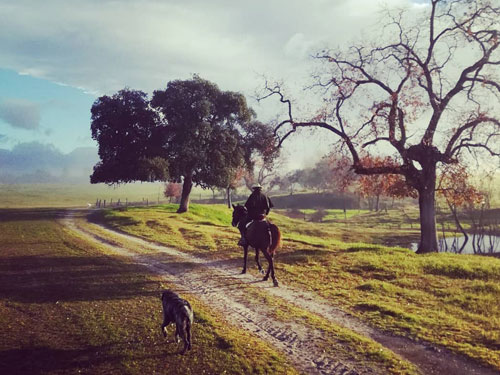
RACHEL CARSON (1907, Springdale USA -1964, Silver Spring USA)
We kick off this editorial line about Nature Writers not with the intention of making a catalog, but of sharing with all of you the readings and the people who have inspired us and who continue to feed our passion for the natural environment. We won’t cover everyone, and we may have ignored the most commonly mentioned texts, but these are the texts that have spoken to us most deeply, and have transformed our way of seeing, understanding, and living nature.
We begin with a woman. This is not a coincidence. From my point of view, women have a more intimate connection with nature and a level of empathy and intelligence that surpasses that of many men (especially the so-called great men). I know that this viewpoint can be simplistic, and that generalizing in this way can be dangerous, but despite this, I want to declare my position. For me, the future is vegetal and feminine.
And that future, we possibly owe to women like Rachel Carson.

Rachel graduated with a degree in biology and worked, anonymously, for the government with the Fish and Wildlife Service for nearly 15 years as a marine biologist. But her childhood vocation as a writer always pushed her to write, first single articles in Fish and Wildlife Service publications and later in books on ocean life. The Sea Around Us, her second book, was a bestseller that allowed her to devote herself entirely to writing and research. But her most well-known book, the result of her preoccupation with the impact of technological industrialization on nature, is, without a doubt, SIlent Spring (1962), which was the precursor to the ecological movement in the United States and triggered a fierce legal fight to ban the most toxic pesticides and prohibit the usage of DDT.
Rachel, who was an enormously gentle and peaceful woman, suffered, after the publication of the book, the furious attacks of the industry, which did not stop publicly slandering and discrediting her. A very aggressive and misdiagnosed breast cancer ended her life at the young age of 57. I can’t help but think that those years of legal persecution and media harassment, of endless public insults and injury, on a woman who simply did her job passionately and with a rare level of honesty, were the cause of her illness.
The book that for me is her most exciting and that best shows her immense humanity and sensitivity, is The Sense of Wonder, which was originally an article titled “Help Your Child to Wonder,” which was published in the Woman’s Home magazine in 1956.
This book of few pages conveys like no other Carson’s enormous fascination with nature and her inexhaustible curiosity for the wonders of life. It contains some of the most profound lessons I have learned in recent years.
In the book, Carson explains the enormous challenge that she faced when she had to take care of her sister’s son. She, a single woman without children, who dedicated her body and soul to her work, suddenly had a snotty toddler in her care that she had to take care of and educate. This was her starting point. How to educate and how to maintain that wonderful sense of wonder innate in children.

It’s no surprise that Rachel found in her beloved nature the ideal vehicle for her nephew’s education. Not in the observation and study of nature, but through the experience and enjoyment of a natural environment full of wonderful discoveries.
“Once the emotions have been aroused – a sense of the beautiful, the excitement of the new and unknown, a feeling of sympathy, pity, admiration or love – then we wish for knowledge about the object of our emotional response. Once found, it has lasting meaning. It is more important to pave the way for the child to want to know than to put him on a diet of facts he is not ready to assimilate.”
One of the pieces of advice that I have adopted since reading this book is to always go out armed with a magnifying glass on my walks. It’s amazing how such a basic and cheap gadget, in less than a square centimeter, can open the door to such fascinating worlds.
The book is full of pearls of wisdom like this. It contains powerful ideas that are straightforward and of uncommon good sense. It is full of authentic life lessons that not only help parents educate their children, but also teaches you to be a better person.
I can think of few better things to say about a book. While I did not know Rachel Carson, I know that I would have loved to have her as a close friend, to soak up her “silent” humanity and walk together along her beloved coast or among the trees of her “lost forests.”




